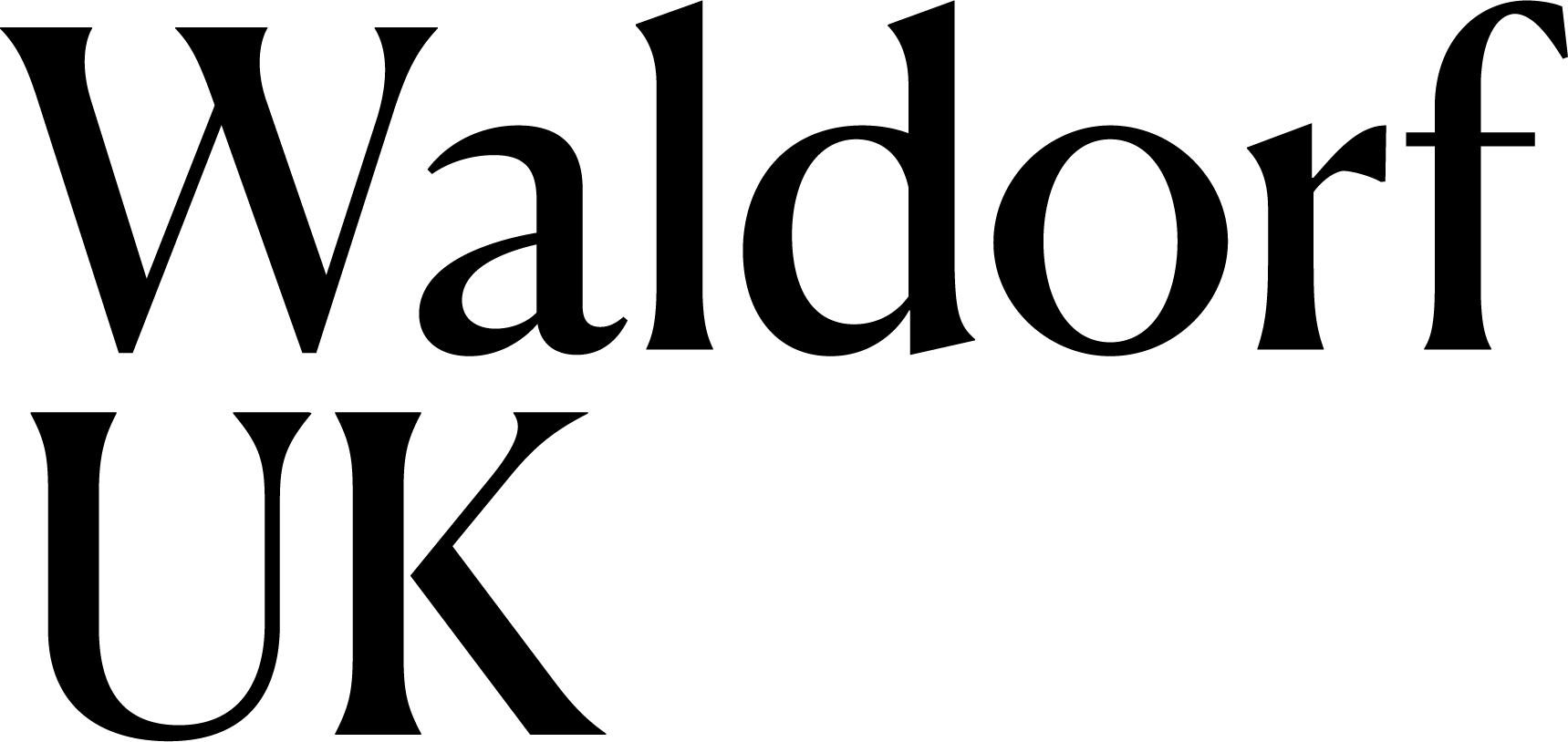Michaelmas Through The Years
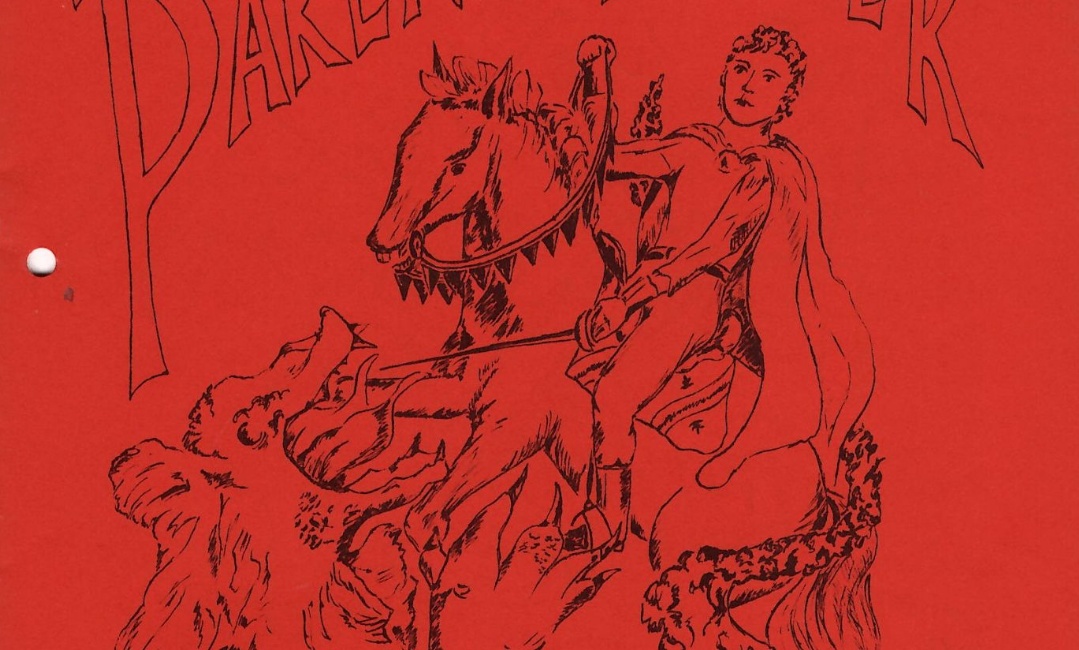
On 29th September each year, Waldorf Schools around the world joyfully celebrate Michaelmas, a festival rooted in the traditions of the Middle Ages. This special day honours the Archangel Michael, a powerful figure in Judaism, Christianity, and Islam, symbolising the triumph of good over evil and the courage to confront our fears. The essence of Michaelmas teaches us the importance of building inner strength as we transition into the autumn months, a time for reflection and preparation for the darker days ahead.
At Michael Hall, Michaelmas traditionally begins with a whole school assembly with a play or performance from students and the singing of traditional Michaelmas songs. Then students and staff go out into the grounds and work for the rest of the day clearing, tidying and caring for the site as a way of giving back to the land and School. Our Early Childhood groups also have their own special celebration, inviting parents to join their children in tending to their gardens.
This year marks a particularly poignant occasion as we celebrate not only Michaelmas but also the 100th anniversary of our school. Reflecting on a century of tradition, it’s heartwarming to see how this festival has remained largely unchanged throughout our history.
As mentioned in a document from 1956 “The School received its name in dedication to the Spirit of Michael. Year after year Michaelmas is specially celebrated and the children recite an old Celtic verse:
"Thou Michael, the Victorious,
I make my circuit under thy shield.
Thou Michael, of the white steed,
And of the bright, brilliant blade,
Conqueror of the Dragon,
Be thou at my back,
Thou ranger of the heavens,
Thou warrior of the King of All.”
As explained by Teacher Stephen Sheen, in the Good School, on Michaelmas Day in 1980, the School dedicated its new hall (the Theatre). A copper dodecahedron, holding the signatures of all the students was placed in the concrete floor beneath the stage. The teachers sang Beethoven’s Creation Hymn, and a eurythmy performance of T.S. Eliot's The Rock followed. The celebration concluded with the school singing ‘Michael Thou Sword of God', composed specially for the occasion by Cecil Cope, after which the children received their Michaelmas apples and dispersed for work projects.
The teachers felt that this event not only dedicated the building but reaffirmed the core impulse of the school’s educational mission.
In 1983, The Kindergarten Teachers wrote a piece for the Michael Hall News about Celebrating Festivals with Young Children:
“At the time of Michaelmas we can find for the young child many things which appeal to him and help to build this foundation. There are stories and songs about Mother Earth and her helpers who each in turn play their part in the growth of the plants. In acknowledging the work of the elemental beings the child more easily retains his right relationship to the Earth. For, although the seeds and bulbs are lying in the darkness of the earth, they are not dead, but, full of life, they lie waiting for the warmth and light of the sun so that they can sprout and grow in the spring.
In the Autumn around the time of Michaelmas there are so many wonderful activities that the young child can be involved in: apple polishing and storing; jam making; harvesting; planting bulbs; helping to build the wood pile for the winter; the list is endless.”
In his 1996 article, Teacher, Nigel Lumsden reflects on Michaelmas as the keynote festival at Michael Hall, celebrated both out on the land and in the classroom. He recalls how storm clouds often gather before the day, but that year, they were blessed with sunshine. The festival’s key theme is overcoming inner obstacles, symbolised by St. Michael conquering the dragon, which represents our instincts and desires.
Lumsden emphasises that this hands-on work is essential for students to develop a responsible relationship with nature. He also shares the need for more environmental activities throughout the year to foster a deep connection to nature in young people.
Caroline Ritchie shared about the Class 11 & 12 drama group's performance of Saint Michael's Apples directed by Daniele Gaillemin, where the dragon, symbolised as a worm eating the core of the apple, is overcome by St. Michael. The gardener in the story learns humility and service, praying to become a servant of Michael, vowing to fight against the worm. “Altogether this was a delightful production, enlivening our festival and giving us some thought-provoking pictures with which to start our Michaelmas work”
Also that year a Class 4 parent describes a lively and eventful Michaelmas celebration: The day began with an assembly, where a large dragon loomed over the hall, its claw resting on the grand piano. After the assembly, the physical work started. Class 4A baked potatoes over a fire, Class 6 were deep in the grounds tackling a rhododendron jungle. Class 7 building a bridge near the top lake and Class 4B and their Class 12 guardians on the dragon logs.
In the evening, it was the Harvest Dance, with informal dancing and live music outside the mansion. Class 5B made delicious soup and apple crumble, contributing to a festive and positive start to Michaelmas.
And a story from a Class 5A student that year:
OUR MICHAELMAS TRIP TO HOSPITAL
This Michaelmas we decided to do something different. We went into the forest and gathered lots of leaves and made them into transparencies that you put up on the window and the light shines through the tissue paper.
The next Monday we went to the hospital and gave them to the children in the Peanut ward.
The children there were mostly burnt. The children who were old enough to go to school still had to do school work sitting up in bed.
We took the children bags of fruit and we sang a Michaelmas song to them.
There was one boy who wanted to swap some Hula Hoops for some fruit.
In 2001, teacher Pierre Turlur reflects on Michaelmas:
"Morning arrives, light cutting through the greens of autumn. Trees sway drunkenly, and children, half-awake, move down the cow path, laughing and dreaming, preparing to face the unexpected. Today is different, and they rush into the hall.
Michael’s story of overcoming the dragon is a powerful image for the children, but my understanding has changed. I no longer see blood or a bold hero—only a simple candle burning in the dark. Saint and beast have merged into one light. Now, all I see is an apple, sweet and simple, and a child in autumn."
Class Teacher Antoinette Reynolds shares about Michaelmas in 2014:
“A number of old scholars had generously donated literally a thousand bulbs to the school, as an early 90th birthday present (the actual birthday is not till January) and the younger classes were invited, with help from Upper School students, to plant a bulb in a ready dug ditch in front of the 'ha ha' (which we still see each spring) This was a delightful moment to watch - the warmth and conviviality that arose between our oldest and our youngest pupils, as well as the huge care with which the younger children eased their bulbs into the ground.”
This year, in 2024, our 100th anniversary year, Michaelmas started with the assembly. The whole school sang In Autmn St Michael followed by St Michael Heavenly Hero in 5 parts, a piece composed for Michaelmas by Gregers Brinch, composer and old scholar of Michael Hall. Classes 11 and 3 shared a wonderful Michaelmas play about the power of community.
“And so, in the small village, tucked away in the rolling hills and sweeping meadows, I decided to stay for a little while longer, watching as the village began to heal and grow just like the crops they worked so hard for. They continued to celebrate Michaelmas every year, each time acknowledging their inner dragons, and working together to vanquish their fears, and became an even closer community than they were before this story had even begun.” From the Michaelmas Play written by Class 11.
As we look ahead, it is wonderful to imagine how many more students will venture into our grounds, nurturing the land with love and care, just as countless others have done before them. Michaelmas remains a vital part of our Waldorf calendar, a celebration of community, courage, and connection to the earth that we all share.


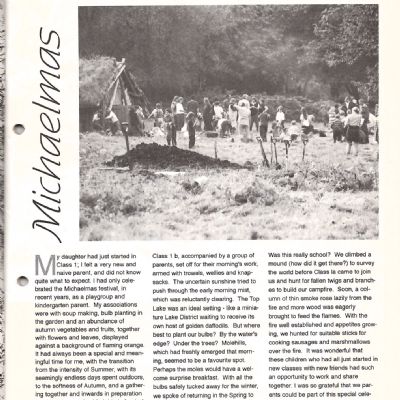
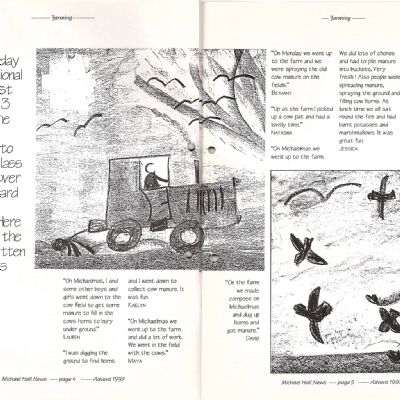
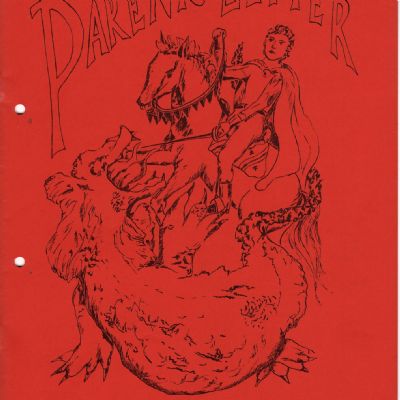


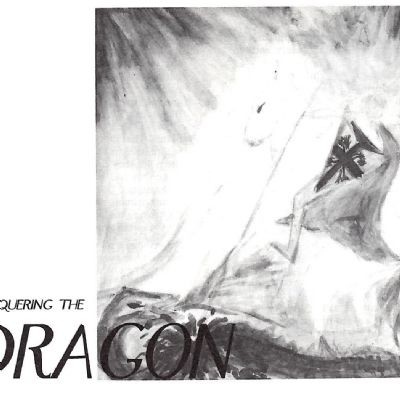
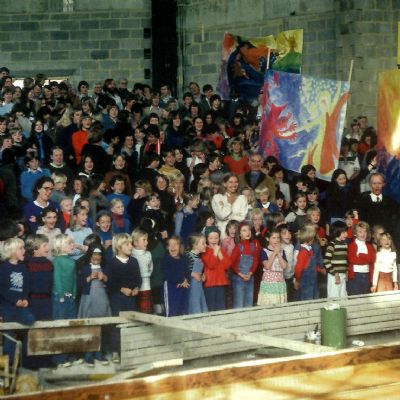
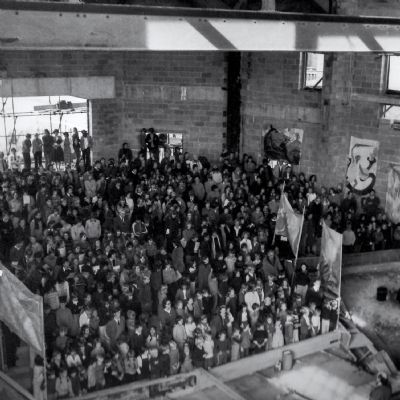
Page3.jpg)
Page5.jpg)
Page6.jpg)

